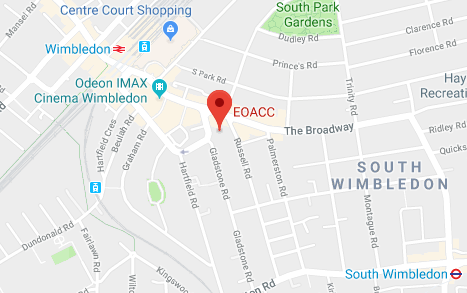High Income Child Benefit Charge (HICBC)
Child benefit for the tax years 16/17 and 17/18 is £20.70 for the eldest/only child and £13.70 for the other children. But the benefit is reduced for any family in which anyone earns more than £50k, depending on the earnings above that level. The benefit will disappear completely for any family in which anyone earns more than £60k.
Please note that family refers to the household, and anyone is literally anyone who is part of the household. The relationship to the children or to the receiver of the benefit is irrelevant – it does not matter to whom the benefit is paid or who the higher earner is, whether they are married or whether they are the natural parent of the children. If any person in the household earns more than £50k, the whole family is affected.
Affected parties can choose to either give up receiving the benefit completely or to repay some or all of it through a self assessment tax return.
If you don’t want to pay the HICBC, you need stop your Child Benefit. This you can do here: http://www.hmrc.gov.uk/childbenefitcharge/stopchbpayments.htm Please note that the claim to opt out can only be made by the person who is paid the child benefit, even though the person who is charged might be someone else.
How is the child benefit charge calculated?
You’ll have to pay back 1% of the child benefit received for the year for every £100 of income earned over £50k. So, for every £100 you earn over £50k you’ll have to pay back £10.76 for the first child and £7.12 per additional child; calculated as follows:
Eldest or only child: 20.70 CB x 52 weeks x 1% = £10.76.
Additional children – per child: £13.70 CB x 52 weeks x 1% = £7.12.
Example:
For a higher earner in a household with two children, the charge per £100 of extra income over £50k will be £17.88 (£10.76 + £7.12). If the higher earner’s annual income is £55k, the charge will be £894, calculated as follows: (£55k – £50k) /£100 x £17.88.
Please note that ‘income’ includes all sources of taxable income, not just earnings. Please follow this link to work out what your income is: https://www.gov.uk/child-benefit-tax-calculator
The good news
If you’re a director of your own limited company, you can control your personal earnings. Please talk to one of our accountants for more information. If you are a salaried employee you have fewer options, the most common being to reduce your income by making payments into a pension fund.

